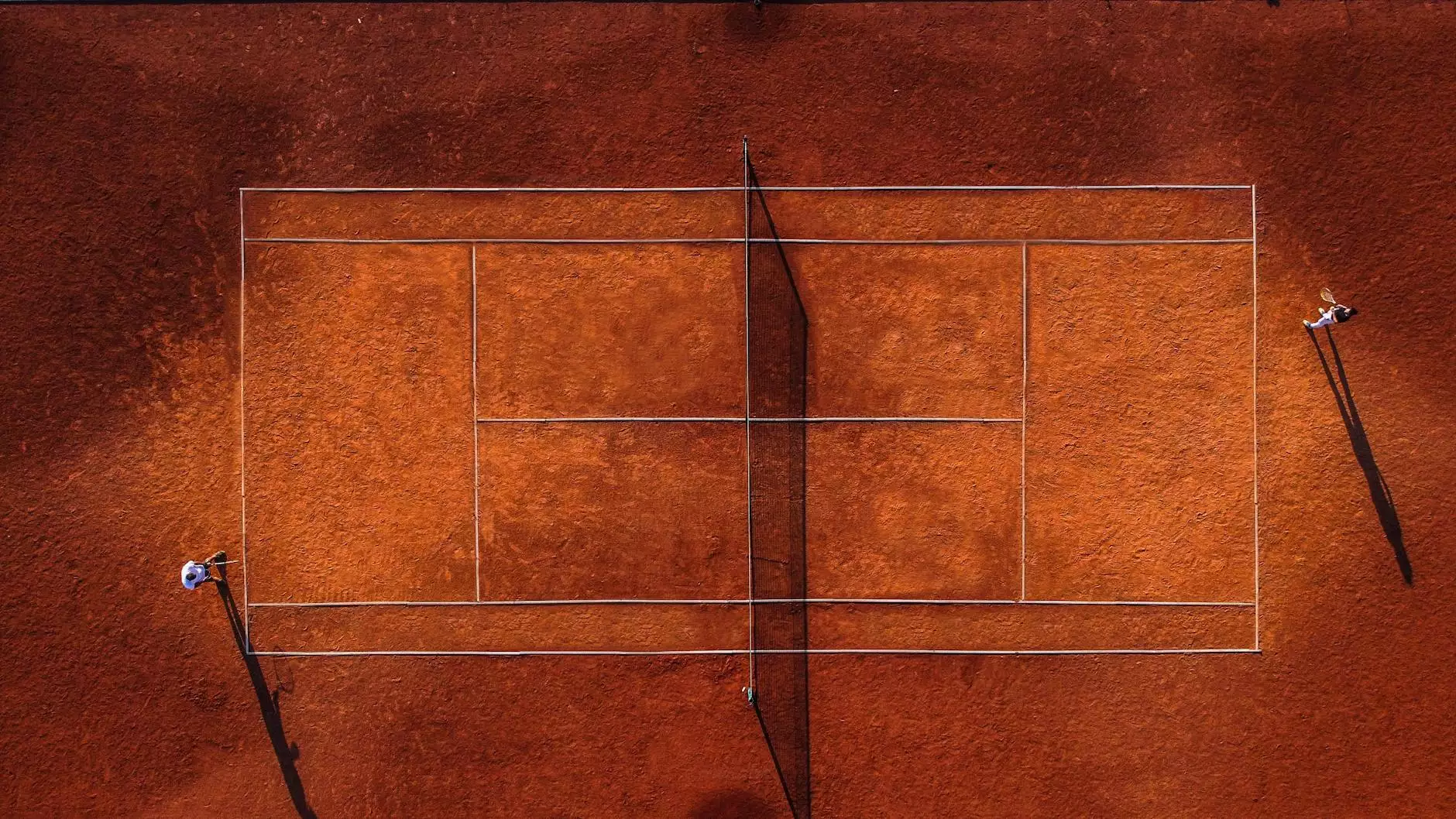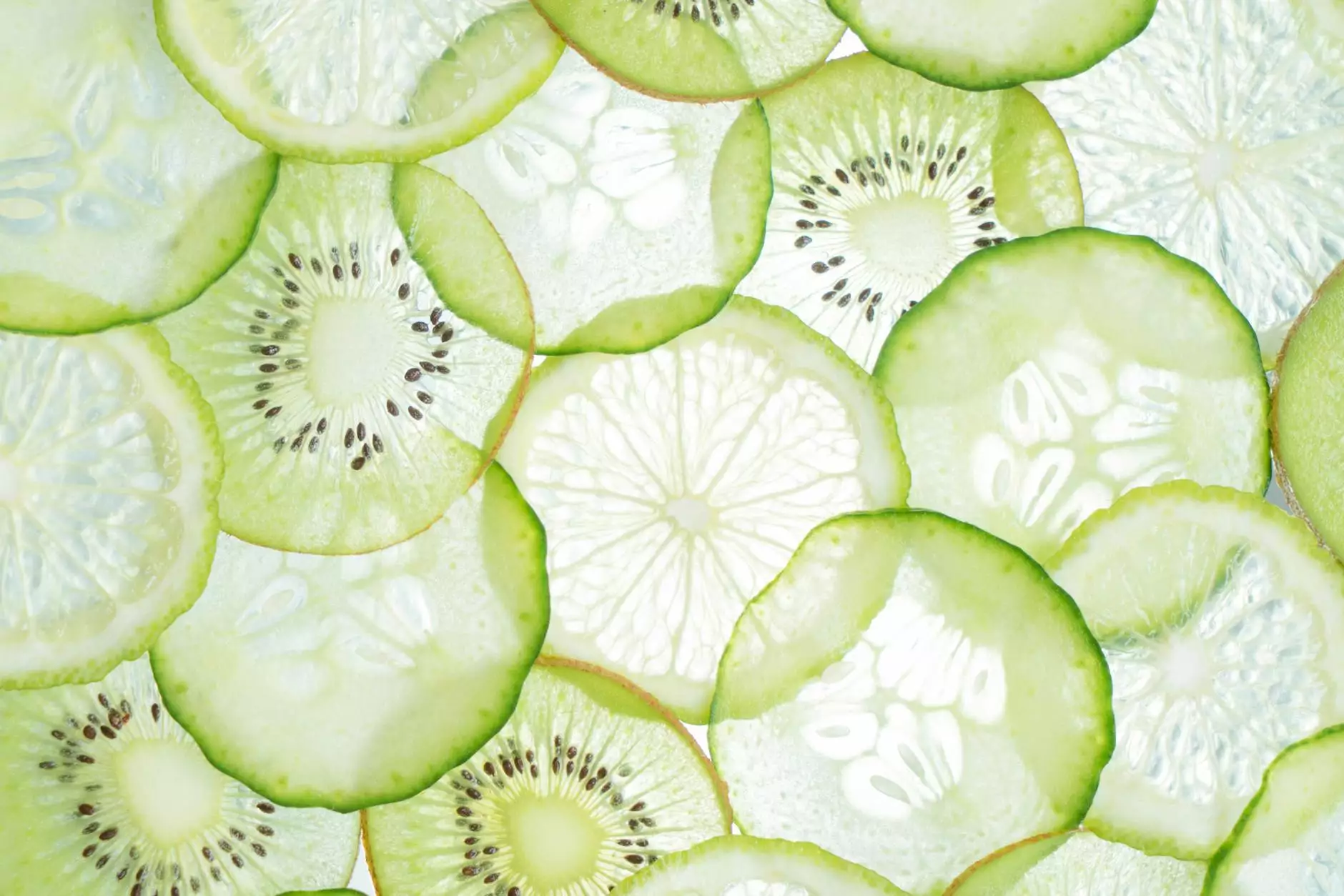12 Sunnah Wudhu
Blog
Wudhu (ablution) is an essential ritual cleansing process for Muslims before performing their prayers. It is not only a physical cleansing but also a spiritual purification according to the teachings of Islam. In addition to the obligatory elements of wudhu, there are 12 sunnah acts recommended to follow that can bring additional blessings and rewards. Let's explore these sunnah wudhu practices that are highly encouraged in Islam.
The Importance of Wudhu in Islam
Wudhu holds significant importance in the life of a Muslim as it prepares them both physically and spiritually for the act of worship. It is a way to purify oneself before standing in front of the Almighty to pray. Performing wudhu is not just a cleansing of the body but also a purification of the soul, ensuring that the individual is in a state of ritual purity.
12 Sunnah Acts of Wudhu
1. Using Miswak (Siwak): The Prophet Muhammad (peace be upon him) emphasized the use of miswak in various aspects of life, including before performing wudhu. It is recommended to clean the teeth with a miswak to maintain oral hygiene and spiritual purity.
2. Reciting Bismillah: Begin the wudhu process by reciting "Bismillah" (In the name of Allah). This simple act of remembering Allah’s name before starting wudhu is considered a sunnah and helps in focusing the mind on the act of worship.
3. Performing Wudhu in Sequence: Follow the prescribed steps of wudhu in the order taught by Prophet Muhammad (peace be upon him). Starting with washing the hands up to the elbows, followed by rinsing the mouth and nose, washing the face, arms up to the elbows, wiping the head, and finally washing the feet.
4. Including the Elbows: Make sure to wash beyond the minimum required portion. It is a practice from the Sunnah to include the elbows while washing the arms during wudhu.
5. Wiping the Head Thoroughly: Instead of simply passing a wet hand over the head, the sunnah recommends ensuring that the entire head is wiped during wudhu. This includes the top, sides, and back of the head.
6. Washing the Feet Properly: Ensure that water reaches all parts of the feet, including between the toes, during the wudhu process. This thorough cleansing of the feet is a recommended practice by Prophet Muhammad (peace be upon him).
7. Reciting the Shahada: After completing wudhu, recite the Shahada (declaration of faith) – "Ashhadu an la ilaha illa Allah, wa ashhadu anna Muhammadur rasul Allah" (I bear witness that there is no god but Allah, and Muhammad is His messenger). This reaffirms one’s faith and devotion to Islam.
8. Reciting Duas (Supplications): There are specific supplications recommended to recite after completing wudhu. These prayers seek Allah’s forgiveness, blessings, and purification of the heart.
9. Keeping a Positive Intention: Intend in your heart that you are performing wudhu solely for the sake of Allah and as an act of worship. This sincere intention adds a spiritual dimension to the physical act of ablution.
10. Moderation in Water Usage: While ensuring the required body parts are washed properly, it is also important to conserve water during wudhu. The Prophet Muhammad (peace be upon him) advised moderation in all acts, including the use of water for ritual purification.
11. Observing Cleanliness: Maintain cleanliness throughout the wudhu process, ensuring that the area and oneself are clean before starting and after completing ablution. Cleanliness is an integral part of the Islamic teachings and should be observed diligently.
12. Reflecting on the Act of Wudhu: After completing wudhu, take a moment to reflect on the importance of this act of worship. Consider the significance of preparing oneself both physically and spiritually to stand in front of Allah in prayers.
The Blessings of Following Sunnah Wudhu
By incorporating these sunnah acts into your wudhu routine, you not only fulfill the obligatory requirements but also seek additional blessings and rewards from Allah. Following the Sunnah of Prophet Muhammad (peace be upon him) in performing wudhu enhances the spiritual dimension of this act of worship and brings the believer closer to Allah.
May we all strive to perfect our wudhu by including these sunnah practices in our daily ritual cleansing. Let us seek guidance from the teachings of Islam and the exemplary actions of Prophet Muhammad (peace be upon him) to attain spiritual purity and closeness to our Creator.









